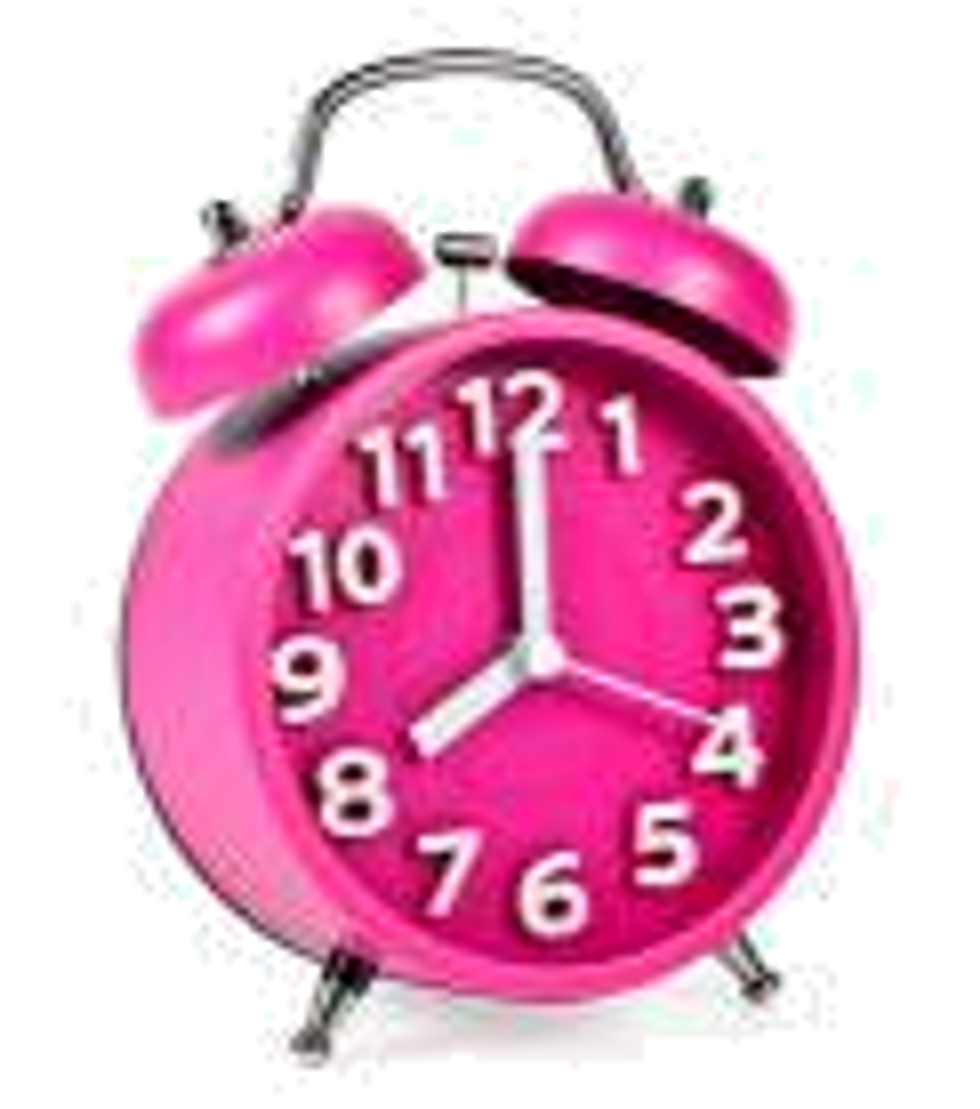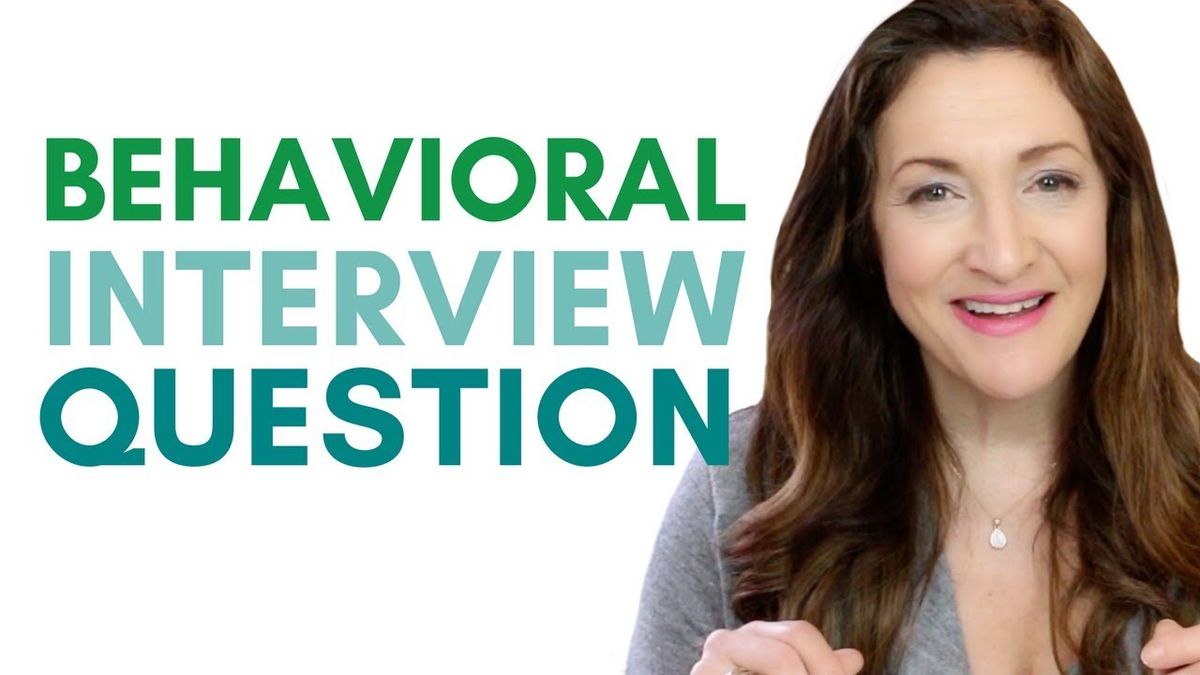From blatant interview questions like, "What's your greatest weakness, weakest attribute, or most significant failure.” To soft, “What might your previous employer say?" Even softer, “You certainly seem to have a lot of strengths, but we understand no one is perfect.” The question will come one way or another, everyone knows it, yet still befuddled by it. There have been many Rules of Thumb (R.O.T.) developed over the years, from making light of the question with an answer like “Pizza!” to true confessions, putting a cloud over everyone, to developing a response that actually demonstrates a strength, “I tend to be a workaholic,” or “perfectionist.” (Yuk!) In principle, Rules of Thumb are meant to have very broad application such as, "when in doubt, get out." Great advice if you are in the middle of an intersection and the light changes. Would it apply in the final seconds of a game, you’re down three points and have the ball? What, you’re going to walk off the floor? I don’t think so. I find many R.O.T. (pun intended) to be off the mark and misleading. What may be good for one may not be for another. That is not to say there are no rules that can be applied; there are. Just choose your medicine carefully. When you have to answer tough interview questions, here's the first rule...
Interview Rule #1 - Stay Positive... ALWAYS!
The “what’s your greatest weakness” question is your opportunity to shine. One way is to demonstrate you are a positive person by nature. Everyone likes a person with a positive nature, right? Remember you are in the interview to make yourself desirable for hiring, so you might say, “I rarely sit there and think of myself in those terms, nevertheless, I do want to respond to your question,” or something on those lines. Notice by the way I did not say, “I rarely sit there and think of my weaknesses.” Here’s a rule of thumb that always applies: Do not use or repeat negative terms, even if the interviewer throws it out there. Here are three other rules I suggest you follow for efficient interview preparation:Interview Rule #2 - No Superlatives!
Keep it singular. Superlatives such as “weakest” or “worst” or “biggest” indicate the greatest degree of whatever is it describing. “Worst weakness” is the weakness of the highest degree implying there are other weaknesses of varying degrees but weaknesses nonetheless. That begs the question, “What are some others?” Likewise, “need most to improve” implies there are others areas for improvement. In any case, try this as an alternative, “If I had to come up with one...” (No negatives, no multiples.)Interview Rule #3 - No Absolutes!
The absolute, as in “My weakness is...” states the weakness exists unconditionally: utterly fixed and not likely to change. WOW! Wouldn’t it be better to be a little less restrictive, something more conditional like, “It could be I am…” Conditional responses suggest you yourself are not completely convinced of it. This type of response also accomplishes what the bungling technique of using a “strength” to describe a weakness consistently fails to achieve – your “weakness” may not be a weakness after all.Interview Rule #4 - Keep It Real!
Your “weakness” should be one (singular) that is subjective – of your person. Humanize it! “If I had to come up with one (singular) it might be (non-absolute) somewhat (qualifier) of a lack of internal patience (human). I seem (unconvinced) to have strong tendencies to expect the same from others I do from myself (human). Not just in terms of results – I’m smart enough to realize not everyone has the same level of skill, abilities and education (real). I do however, expect others to give their best effort, and if that’s not there, then yes, that might (conditional) bother me to some degree.” Ah! “Bother me to some degree,” is human, non-absolute, qualifier, and conditional. Don’t you love it?! Another tact, similarly keeping it real, could be an incident resultant of some area where improvement was needed (potential weakness) that turned out to be a learning experience and later grew into a personal asset, thus giving you, once more, an opportunity to showcase strength.In Summary...
Proper interview preparation can be completed by simply doing your homework. Think critically and be honest with yourself. Ask friends or colleagues the same: Critically and honestly, what they think may be your one weakness. When you have the answer, internalize it. In other words, take it to heart. If you don’t, your response may come across like a sound bite, no matter how long and hard you practice sounding unpracticed. When you speak from the heart, you won’t sound “rehearsed,” you will sound “aware” – conscious of yourself, a characteristic we all value. Enjoy this article? You've got time for another! Check out these related articles:
Enjoy this article? You've got time for another! Check out these related articles:- How To Answer 7 Of The Most Common Interview Questions
- How To Handle Tough Interview Questions
- Best Interview Preparation Tool Ever


 Bigstock
Bigstock Bigstock
Bigstock Bigstock
Bigstock


